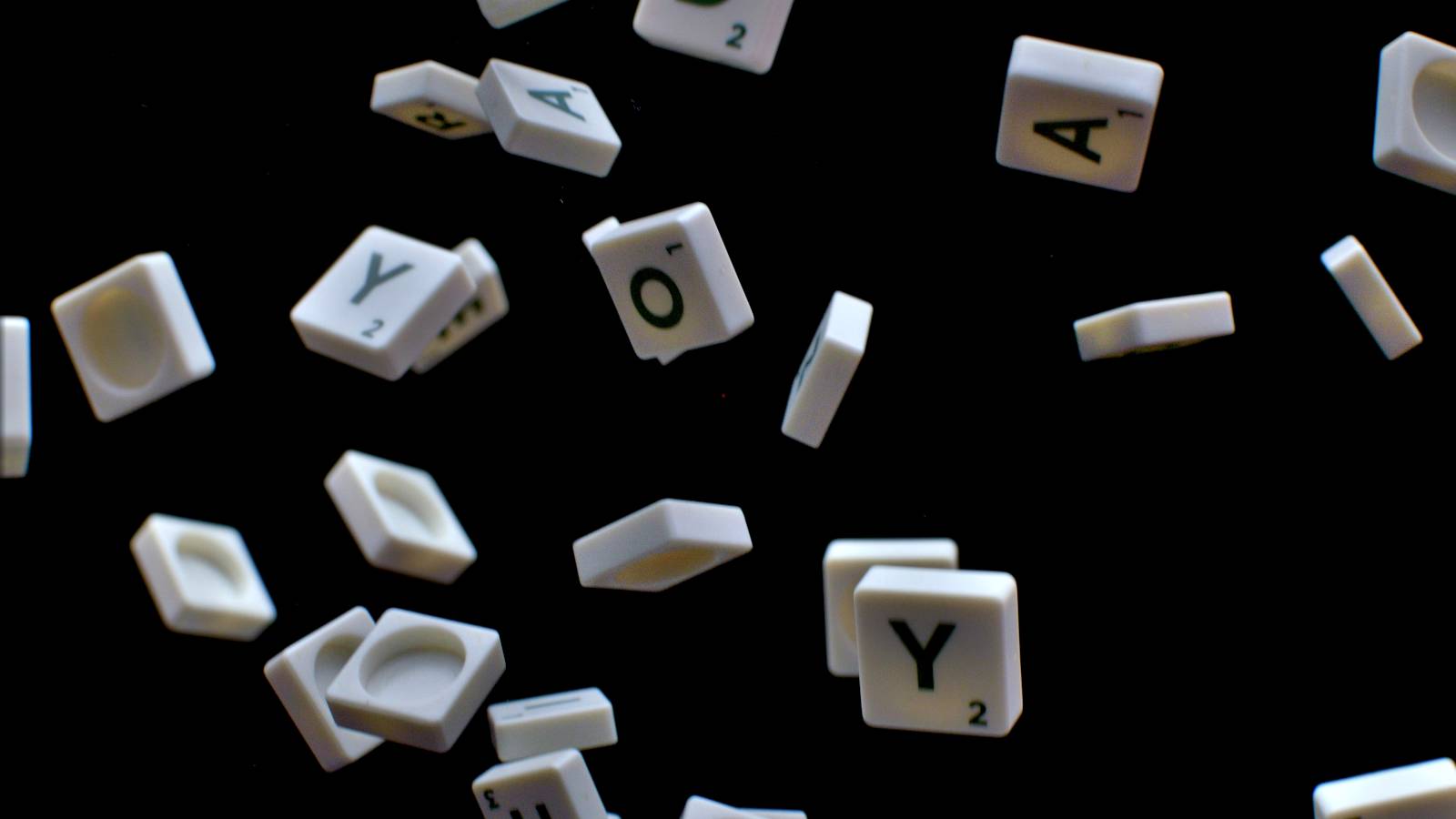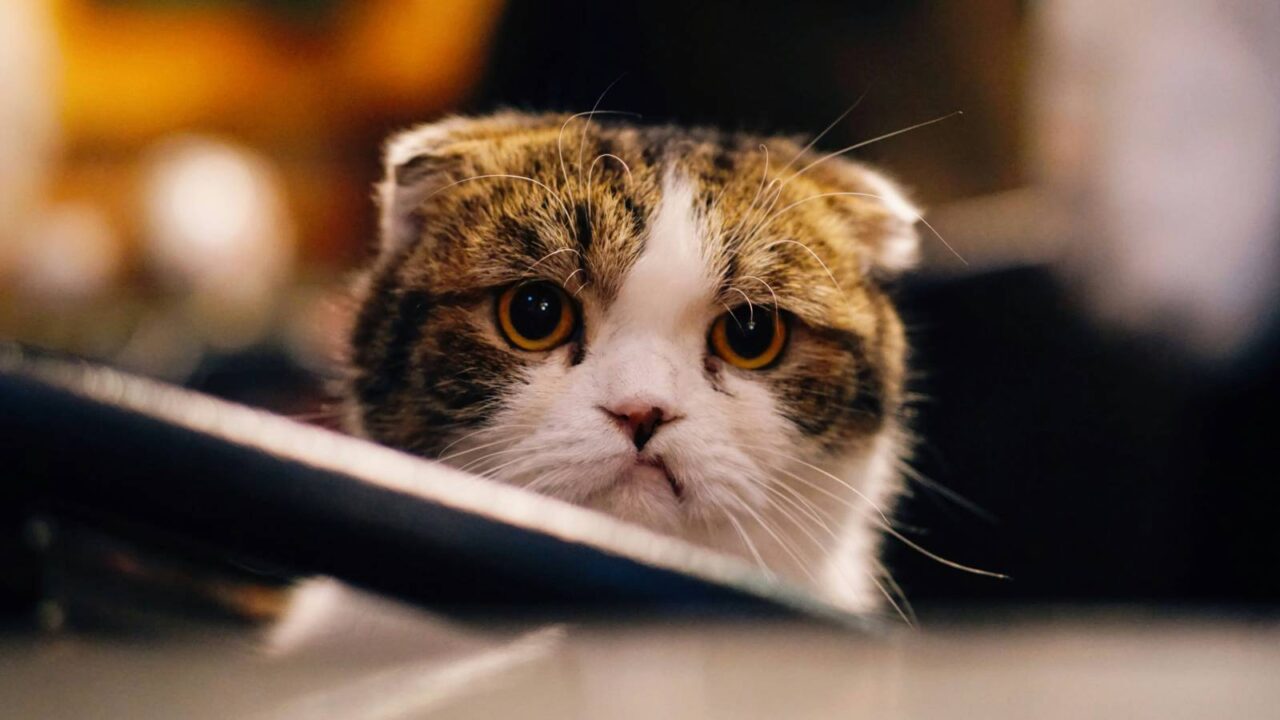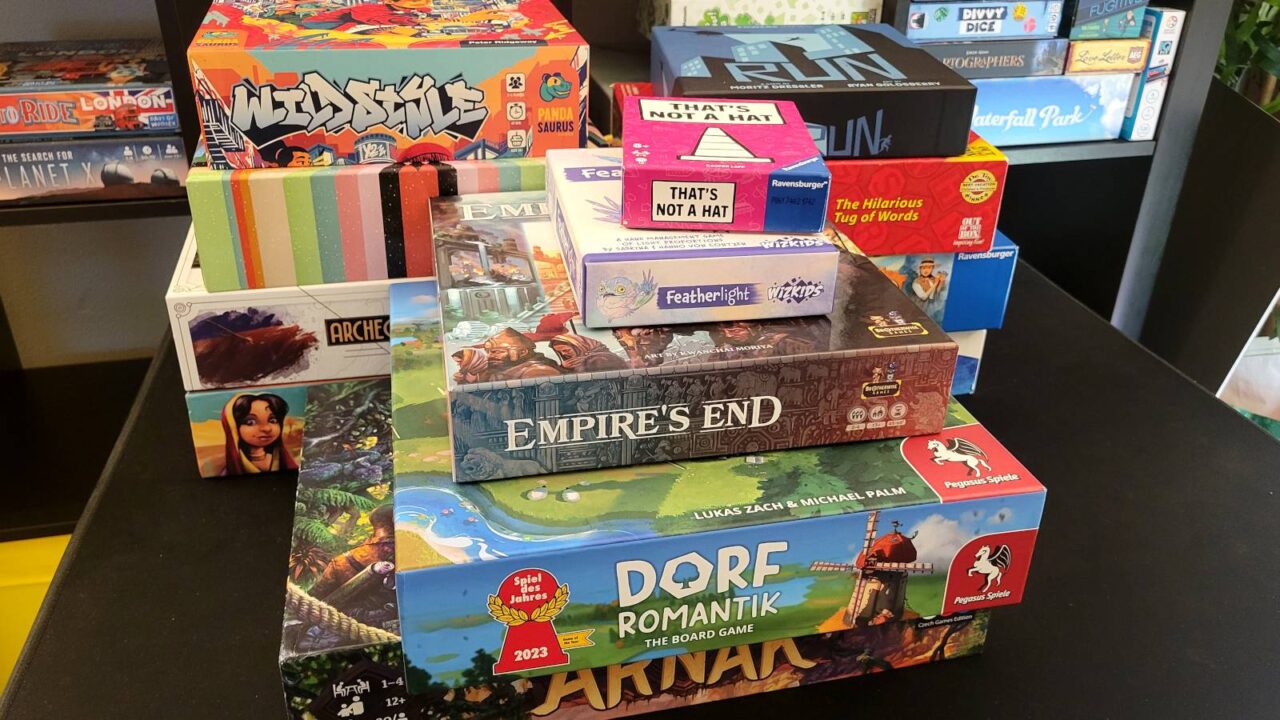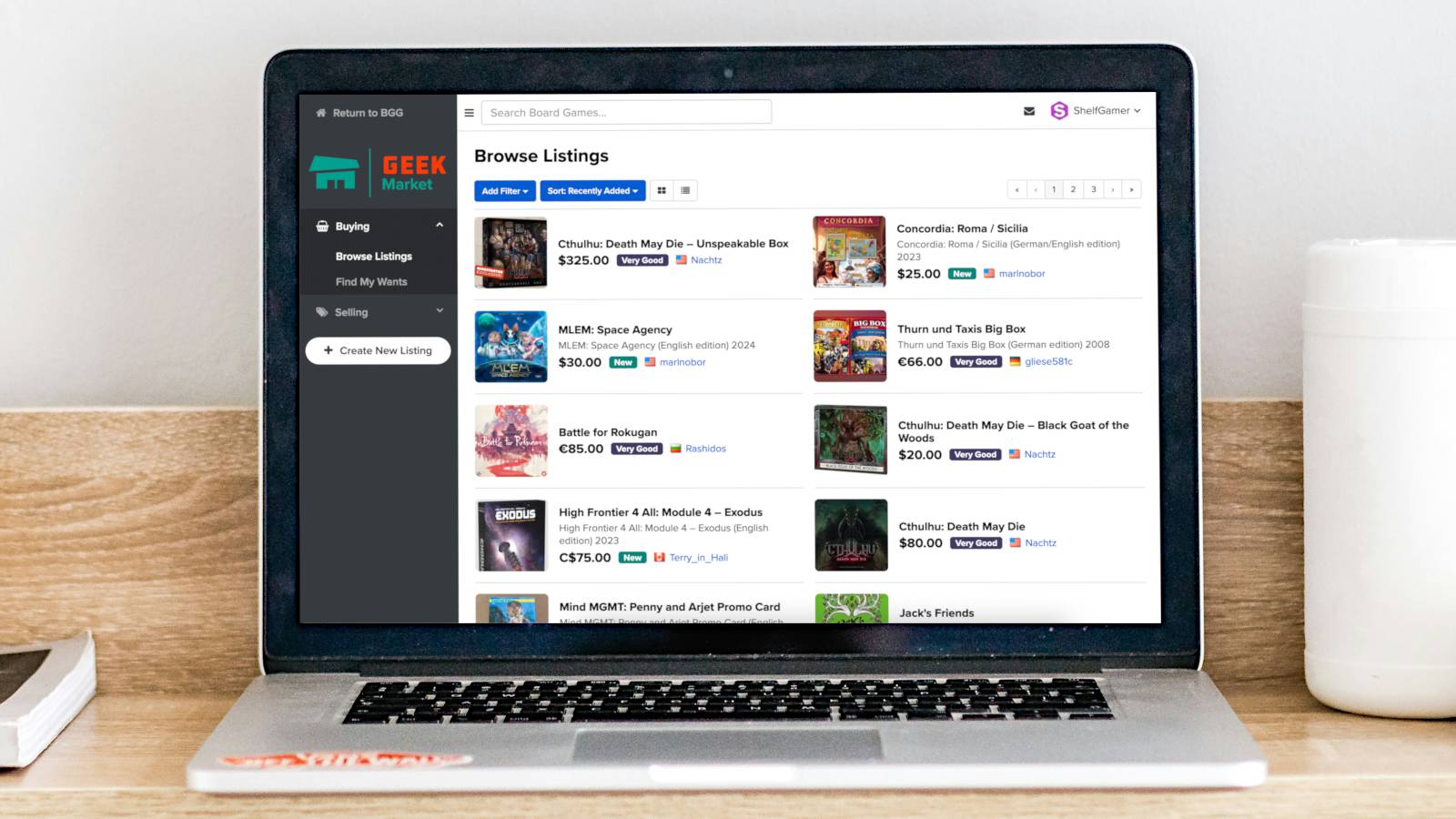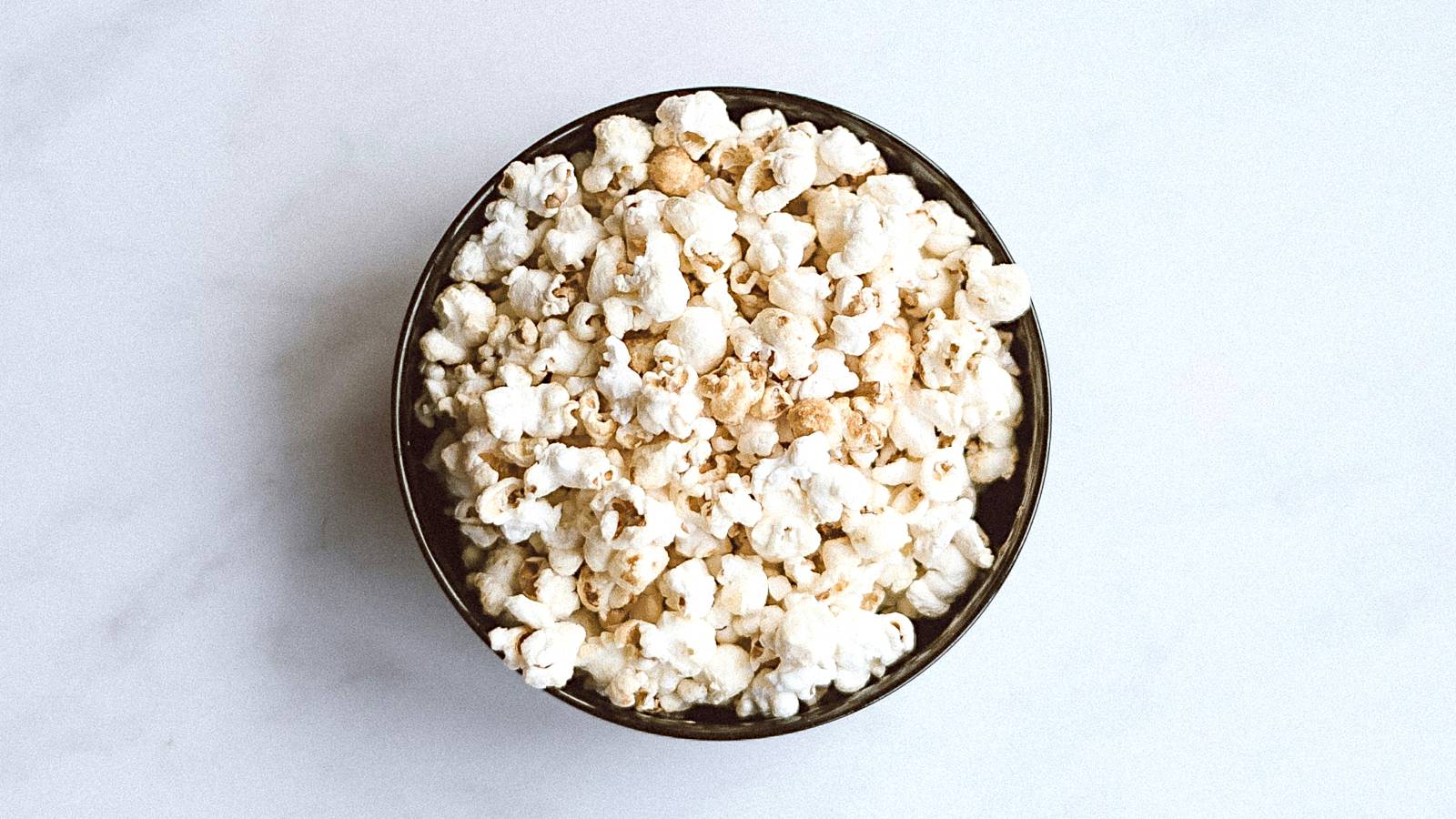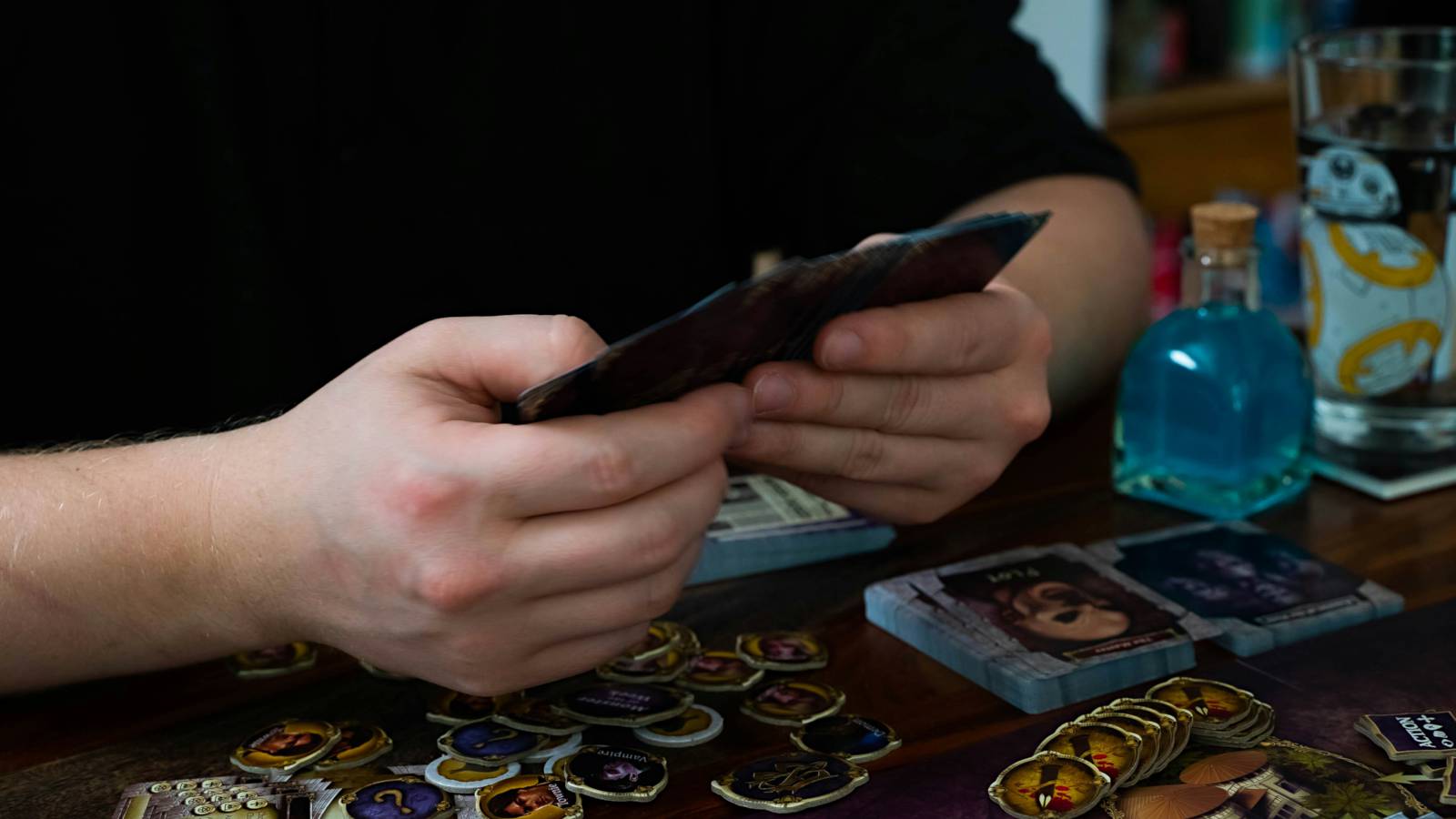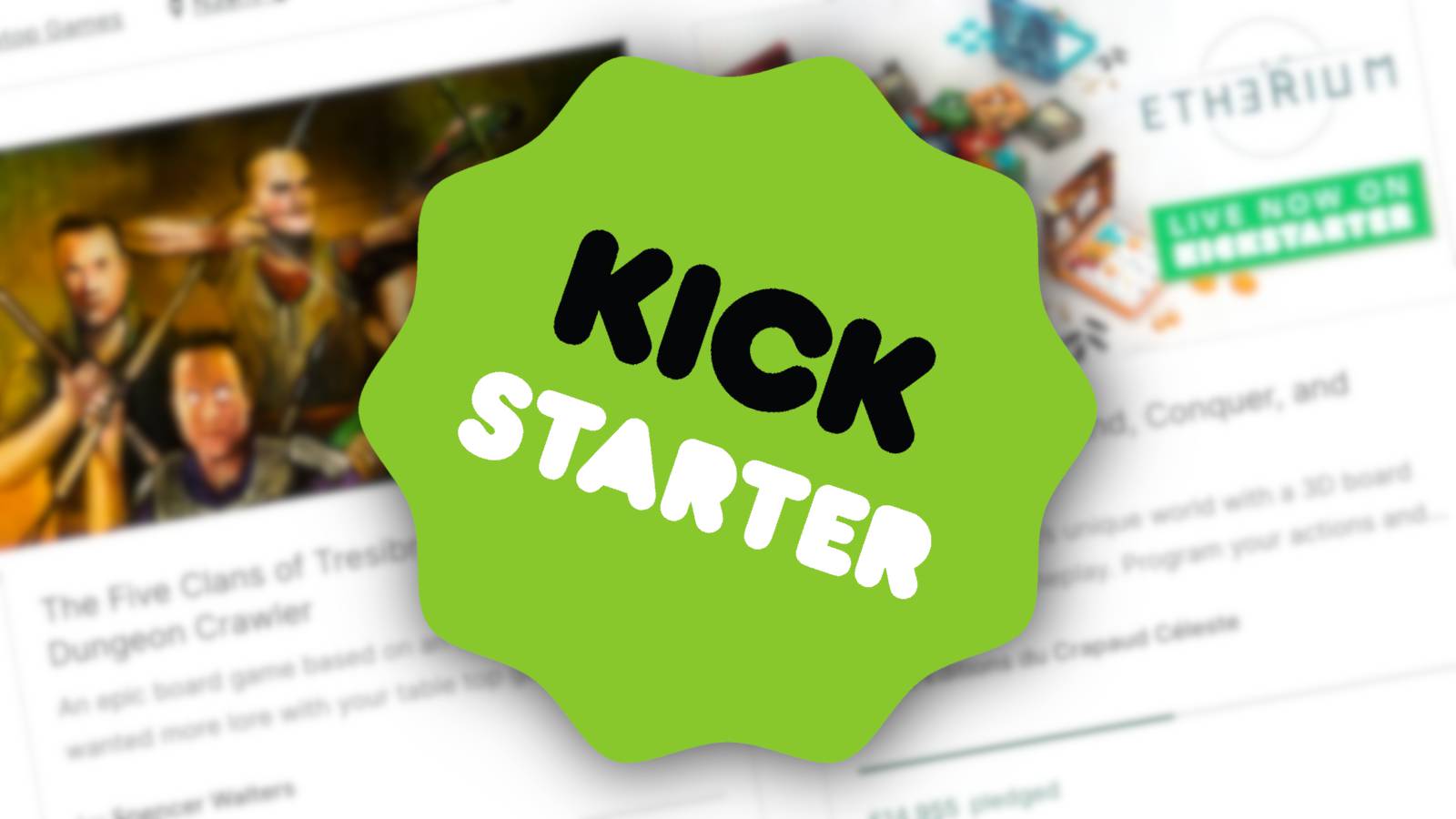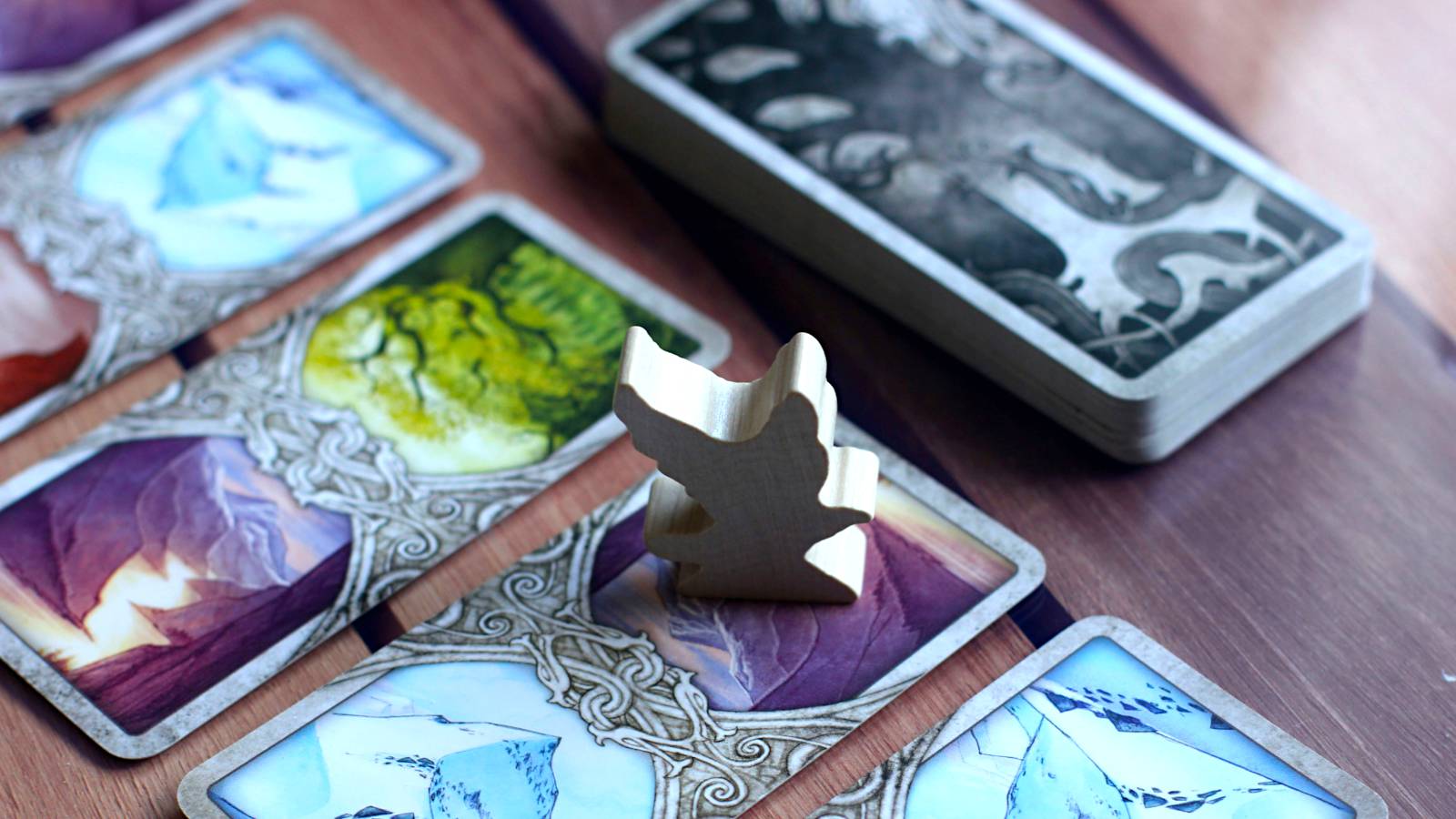I have a confession to make: it's been several months since I last played a board game. It all started with a busy summer—I got married!—with way too much on my plate, killing any time I had for games. Work demanded my attention, other responsibilities cropped up, and I had no remaining energy for board games. Just the thought of cracking open a box and playing a quick round of Coloretto or Silver & Gold felt overwhelming.
I was burned out... and I felt guilty about it. It was as if I was betraying my hobby and myself, almost like losing a part of my identity. Every time I glanced at my shelf of games, I yearned to play something—but also cringed at the thought. There was a mental barrier I couldn't overcome. A bit dramatic? Maybe! But very real. Who knew board gaming could be such a burden.
The good news is, burnout doesn't last forever. I'm happy to report that I "got over it" with a round of So Clover! the other day. If you're going through board game burnout and wondering how to get past it, here's what I did.
Board Game Burnout Is Real
The first thing to realize is that burnout happens. We usually associate it with work and "stressful" obligations like taking care of family or studying for school. But it can happen with "fun" stuff, too. (Another way to think of it is "gaming fatigue," where you no longer have the same interest or excitement for gaming that you once did, and you even feel a repulsion to it.)
According to Alana Carvalho, a licensed mental health counselor, it's called "hobby burnout" and can occur "if there's a lack of balance between the hobby and other areas of life." She also says, "If someone puts high standards on themselves around the hobby, it may create stress that leads to burnout."
Possible causes of board game burnout include:
- Overexposure. You dive into the hobby too deeply, too quickly. You're researching games 24/7, you're watching every board game review on YouTube, you're reading every thread on Reddit and BoardGameGeek. You're fully immersed with nothing else to balance it out, and this can kill the novelty of it, turning it into tedium.
- Perfectionism. You pride yourself on some aspect of the hobby and hold yourself to high standards. Maybe you want to stay in the know of every new game that comes out, or maybe you want to skill up but you keep losing, or maybe you're a collector type. That kind of self-directed pressure can kill the fun and turn a hobby into work.
- Monotony. You're playing the same games with the same people at the same time every week with nothing fresh to jazz it up. You're watching the same YouTube channels and stuck in the same online communities. Same old, same old. This has a dulling effect that dampens excitement.
- Obligation. You've taken on extra responsibilities or commitments on top of simply playing board games. For example, hosting a weekly game night, creating reviews and other content, or even just doing a 10x10 or 365 challenge. If your obligations are too much for you, the added pressure can sap enjoyment of the actual hobby itself.
- Life. You have so much other stuff going on in your day-to-day, and all that stuff occupies your mind space. It's mentally exhausting to juggle so many things—work, school, kids, health, appointments, chores—and it can be hard to pursue a hobby when you're totally drained like that.
In short, don't feel bad if you start losing interest in board games. The reasons for burnout can be complex, but burnout itself isn't uncommon. It happens! In the rest of this article, I'll explore the things that work for me whenever I'm going through board game burnout (or any kind of hobby burnout).
Do Something Else for a While
I'm sort of manic-depressive when it comes to my hobbies. When I'm into it, I'm really into it—I think about it all the time, I watch YouTube videos every day, I consume community content like crazy, and I'm always looking forward to the next time I get to engage with said hobby. But the obsession eventually fades and I move on to the next thing, only to return in a few months or years.
In other words, interests can be cyclical. Just because you've lost interest now doesn't mean it's dead forever. Think of it as a phase or chapter of life, and you can always return to this phase or chapter later. Hobbies don't have to be permanent. They can ebb and flow, and your interest levels in them can also sway and waver with everything else going on in your life.
When your interest level wanes, go do something else for a while.
For me, that means watching a lot of anime/TV shows/movies and playing video games. I know, I know, I previously wrote about why I prefer board games over video games, but at the very end of that article I said this: "Video games are great when I'm feeling lazy and don't want to go through the whole process of setting up and tearing down a board game." That's a big fat BINGO! when I'm wiped out by board gaming burnout and fatigue.
I also like to use those burnout periods to focus on other hobbies. Over the past few years, I've picked up baking, cruising, gardening, coloring, CPAP, game development, and music production. It's fun to go down rabbit holes and learn new things, then come back to board gaming with refreshed energy.
You don't have to give up on board gaming altogether. Just take a break. More importantly, give yourself permission to take a break. Board gaming is a hobby, not your identity. Pursue something else and come back when you're ready. The hobby will still be here—and you'll have fun catching up, I promise.
Keep Lurking in the Background
Just because you've lost interest in board gaming doesn't mean you need to cut yourself off from it entirely. Sure, go ahead and pull back on playing. Take a break from your obligations and give yourself time to recharge. Stop actively posting on Reddit and BoardGameGeek for a while. But stay subscribed to your various feeds and lurk, even if it means ignoring 95% of what shows up!
During my burnout phase, I was still subscribed to /r/boardgames but stopped checking in to BGG altogether. Most of the /r/boardgames threads didn't even register while I scrolled through my feed, and I rarely clicked on the ones that did. Even so, I was seeing those headlines and thread titles, so I was sort of kept in the loop—like background osmosis, I remained exposed to the hobby without completely falling away... and it really helped!
The key here is that lurking is passive. Whereas active involvement is a drain on effort and mental energy, passive involvement is whatever you make of it. By giving yourself permission to read as much (or as little) as you want, you can gradually recharge without being burdened.
You know how they say absence makes the heart grow fonder? After you've been away from the hobby for a while, you'll start to miss it at some point. The great thing about being a lurker during that period is that it's less intimidating to return. You're sort of still in the loop and there isn't a ton of catch-up to do, and you can just ease yourself back into things with a slow switch from passive to active involvement. At your own pace, of course.
One thing I like to do when I start to feel that sense of "missing board games" but I'm still not ready to return fully, is to watch other people play. My favorite YouTube channels for this include The Dice Tower (with marathons and seasonal spectaculars where they game on camera) and BoardGameGeek (with its GameNight! series where they teach and play games). Seeing others have fun is usually enough to rekindle that excitement in myself, and even if not, the passive viewing experience is usually fun enough on its own.
Just Do It! Return to an Old Favorite
Once you've been away from the hobby a while, the burnout and fatigue will begin to recede on its own. Give yourself enough time and you'll find that you no longer feel stress, pressure, and exhaustion at the thought of it. Before, cracking open a board game felt like a burden; now, you might be itching to play a round. Or if not play, then at least wish you felt like playing.
But when you've been away on an extended break, coming back can be intimidating. Your massive shelf of games towers over you and you have trouble deciding what game to play. You worry about the energy needed to relearn rules. You're too shy to rejoin that weekly board game meetup. It sounds silly, but it's true! Apprehension is normal when restarting a hobby, and doubly so for those of us who are introverted.
Well, you just have to jump back in. When it comes down to it, you really only have two choices: either you stay apprehensive and keep kicking the can down the road, or you rip off the Band-Aid and just play something.
What I do is pick an old favorite that I know I love. One that's so simple I could teach it in my sleep (i.e., no need to relearn any rules) with a short play time so the commitment is minimal. I ignore any feelings of doubt or concern, like "What if the game isn't as fun as I remember?" or "What if I have a bad experience and it ruins this game for me?" I remind myself that if I love this game, there are good reasons why I do—and most likely I'll rediscover those reasons when I play it again.
Commit to getting it out and setting it up. That's it. Tell yourself you don't actually have to play it. Just get it set up and see how you feel. Don't want to play? No problem. Leave it for later or pack it up. What I find, though, is that choosing a game is the hardest part; once it's ready on the table, I'm usually excited enough to at least give it a go.
It's easy to sink under the weight of expectations and anxieties, so be mindful and do your best to snap yourself out of those excuses before they dig their claws in. Get the ball rolling and the rest will follow.
Board Gaming Is a Hobby, Not an Identity
It all boils down to this: board gaming is a hobby, and hobbies are supposed to be fun, relaxing, and enjoyable—at the same time, hobbies are just one aspect of who you are as a person. When a hobby morphs into your identity, it starts to take on extra expectations that put pressure on you in different ways, and that pressure can sap the hobby of its fun.
When that happens, it's good to take a break and reset. Do something else for a while. Stay passively engaged (as a lurker) if you don't want to completely cut ties with the hobby, but give yourself permission to be as detached as you need to be for the reset to take root. Eventually, the fatigue will subside and you'll feel that spark again. Reignite that spark by diving into old favorites that remind you why you fell in love with board games in the first place.


